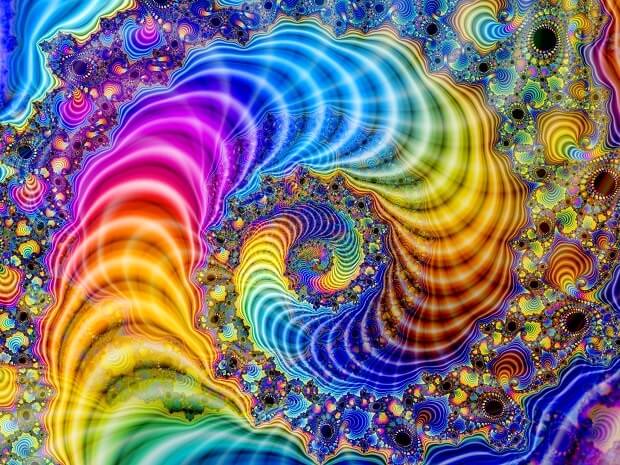A renowned international composer brings the uniqueness of Goa trance to his performance, writes NOEL G DESOUZA

Every generation produces its own genre of music such as the rock-&-oll generation of the late 1950s and early 1960s. In those years, another well-publicised revolution was simultaneously taking shape in Goa, on the west coast of India. It was generated by the gangs of hippies who had descended on its shores and lived in communes amidst the palm trees.
These hippies were known for their inelegant appearance and behaviour, and particularly (in the eyes of Goans) for their lack of hygiene. The three important ingredients of the original hippie culture in Goa were mantras, drugs and so-called ‘free love’.
Whilst the elderly people in Goa frowned on the behaviour of these hippies, the young were not as much scandalised; they looked upon the motley lot of mostly American and West Europeans as individuals who were displaying their freedom and their revolt against materialistic Western values.
Since then, the outcome of some two decades of musical development has resulted in the Goa psychedelic trance music of the 1980s. Today Goa trance music has moved far from its origins in the hippie culture in Goa. The state does occasionally host former hippies, who are now middle-aged and ‘normal’, in a nostalgic search of the past.
Goa now hosts other foreign groups. It has become the refuge of large numbers of Israelis and Russians (each of these groups are said to number around fifty thousand) who have adopted a carefree lifestyle which contrasts with their troubled homelands.
Goa trance music has become an industry. Numerous music discs make their appearance every month. The pictorial covers of the discs show their Indian direction, figuring covers with highly coloured kaleidoscopic geometric shapes with Indian motifs like the universal mantra ‘Om’ and Shiva, Lord of Yoga, and his trident.
Goa trance music had, till a decade ago, acquired a low-level status and belonged to a marginal group. But the time was ripe for Goa trance recordings to be replaced by something at a higher level and to become part of the mainstream. This we saw achieved in a concert at the Sydney Opera House by Ludovico Einaudi (a closely-related Italian in-law of mine).
Einaudi is a prolific composer who has composed the score for several films and television series, some of which have excelled. His Una Mattina, for example, was featured in 2011 in the Intouchables, which turned out to be the biggest box office movie in France. He has produced several best-selling records. His prolific musical output ranges from the traditional classical to the very modern. Recognised by the Italian government for his work, he has been bestowed with the prestigious Senior Order of Merit of the Italian Republic.
At the time that Ludovico gave his Sydney concert, the packed concert hall (which seats over 2600 people) had been totally sold out, which is rare event for a debut concert. His music was apparently known to a whole generation of young people. The manner and dress of the audience confirmed that this was no hippie show. The clothing was elegant. People sipped champagne which was far removed from the native drinks of Goa in which the hippies used to indulge.
Einaudi has evidently managed to transcend the once marginal nature of Goa trance. Drugs were no longer needed as in the bygone hippie days. This reminded one of the words of the nineteenth century French poet Baudelaire, who was enamoured with India, and who had stated that a true poet has no need of drugs. Ludovico, an admirer of the composer Puccini, had discovered the elegance that resides in Goa trance and had transferred it to his performance.
Knowing the background of Ludovico, one would have expected him to perform music inclined to the Western classical. His maternal grandfather, Wando Aldrovandi (who Ludovico had never personally known) was a famous conductor who had directed orchestras in many parts of the world. In his late years he had conducted operas in Australia for the ABC. His paternal grandfather was the President of Italy!
The entire Sydney concert had images projected on the screen in kaleidoscope-style which rolled along, in glorious harmony, as the music was played by six accompanying musicians. The pulsating rhythm that permeated the hall created a collective feeling which was almost ritualistic. One experienced the performance through vibrations in one’s nerves and cells. This is the music of the new generation; at specific points the audience reacted to show their appreciation. Ludovico accepted the applause with namastes.
During the concert I heard some lines of a well-known Goan folk song incorporated into one of the compositions. Ludovico has told me that he is an admirer of Rabindranath Tagore and that he used Tagore’s writings to inspire some of his musical compositions.
The entry of technology into the Goa trance scene has revolutionised its music and the stage scenario. By doing so it has taken its adherents to a new level of experience.
The Goa trance music revolution

Reading Time: 3 minutes



